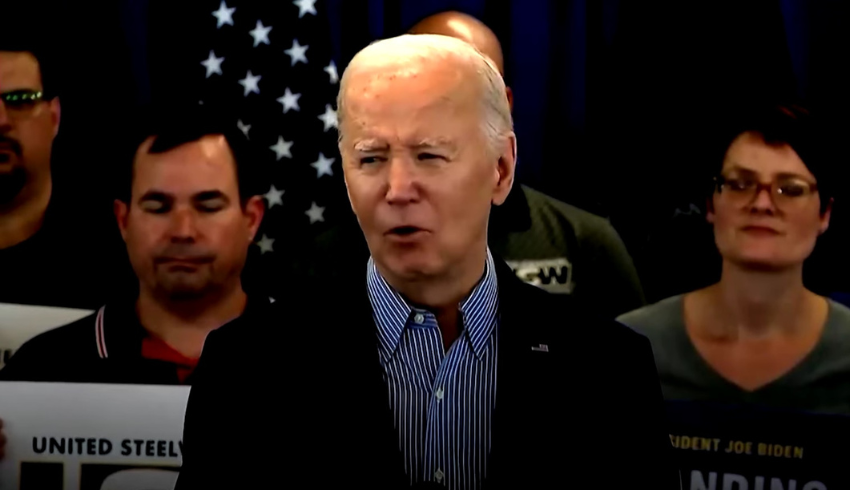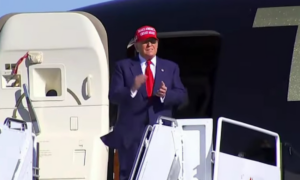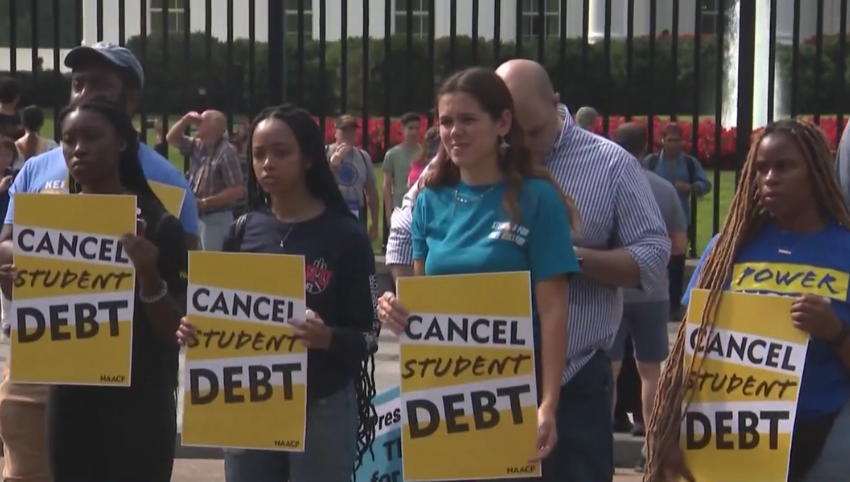President Biden sparked controversy on Wednesday when he referred to Japan as “xenophobic” during a fundraising event in Washington, D.C., mere weeks after commending the U.S.-Japan alliance at a prestigious state dinner.
At the private gathering, President Biden suggested that Japan, alongside India, Russia, and China, could experience economic growth by embracing immigration.
According to a transcript released by the White House on Thursday, Biden remarked, “Why is China facing economic stagnation? Why is Japan encountering difficulties? Why is Russia? Why is India? It’s because they’re xenophobic. They resist immigration.”

The press secretary, Karine Jean-Pierre, came to the president’s defense on Thursday, asserting that Biden’s comments were aimed at highlighting the significance of immigration to the U.S. economy.
She emphasized the enduring importance of the U.S.-Japan relationship, stating that it would remain steadfast despite Biden’s remarks.
Earlier, John Kirby, the spokesperson for the National Security Council, indicated that there had been no formal communications between the White House and the governments of Japan or India regarding Biden’s statements.
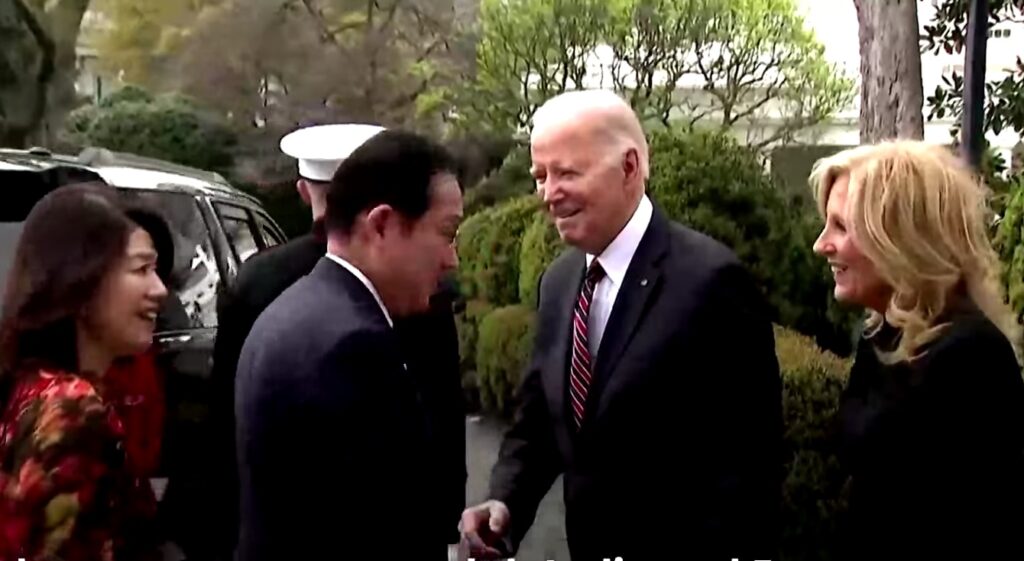
Biden had previously characterized Japan, Russia, and China as “xenophobic” during an interview with a Spanish-language radio station.
This latest critique of Japan comes on the heels of President Biden hosting Japanese Prime Minister Fumio Kishida for a state visit and approximately a year after welcoming Indian Prime Minister Narendra Modi for his own state visit. Biden has emphasized bolstering relations with both Japan and India as vital counterbalances to China’s expanding global influence.
During an elaborate state dinner at the White House in April, Biden underscored the shared values and commitment to democracy between the U.S. and Japan.
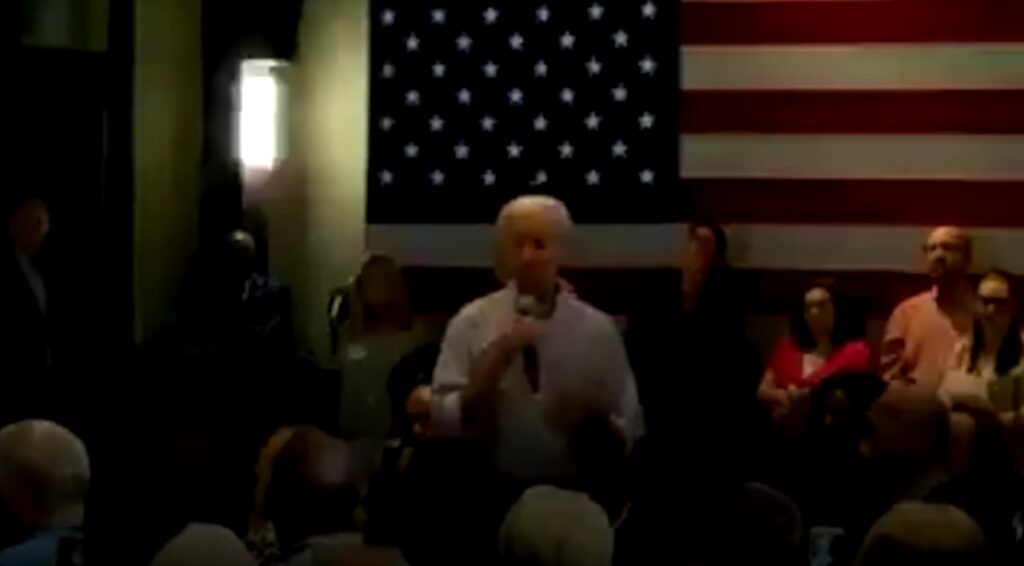
Japan has long grappled with a demographic crisis, which has posed significant challenges to its workforce and economy. Like other East Asian nations, Japan has been hesitant to adopt immigration as a solution to these demographic challenges.
Biden’s remarks arrive amidst mounting political pressure at home over his administration’s immigration policies, particularly concerning the influx of migrants and criticism from Republican lawmakers.
In light of these developments, Biden’s comments have stirred debate and drawn attention to the complexities of immigration policy and its implications for economic growth and international relations.
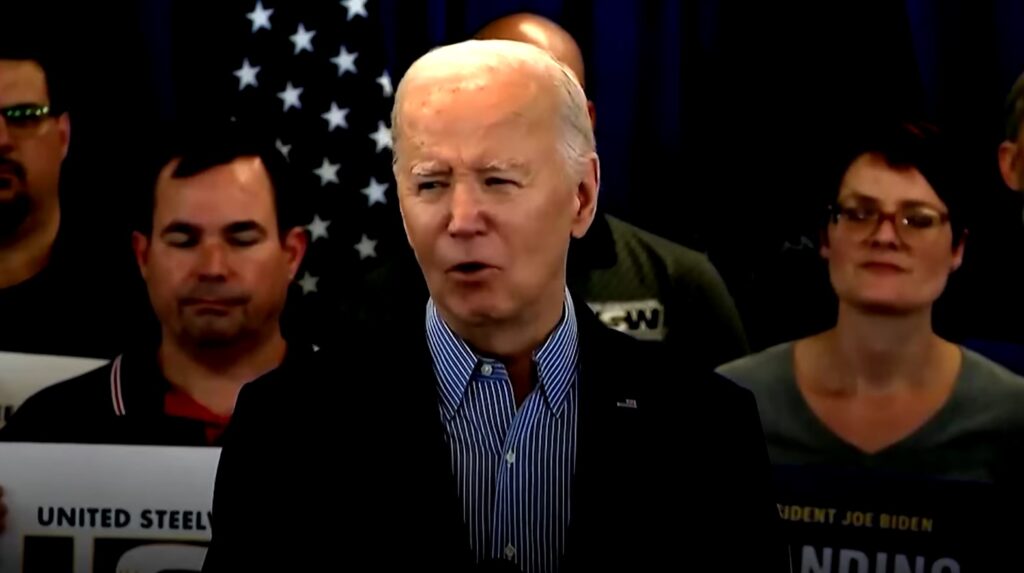
Some critics have argued that Biden’s characterization of Japan as “xenophobic” oversimplifies the intricate factors contributing to Japan’s economic challenges, including its unique demographic landscape and cultural considerations.
Others have defended Biden, suggesting that his remarks underscore the importance of immigration as a driver of economic prosperity and innovation, both in the U.S. and abroad.

